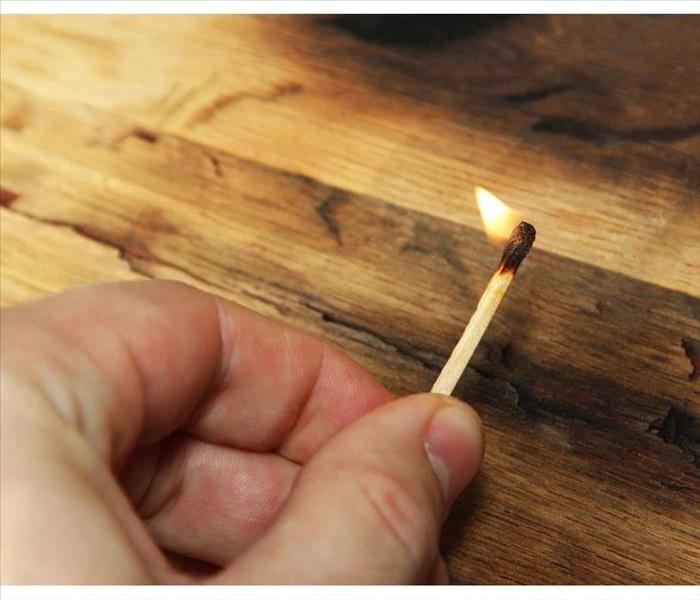Home Insurance May Not Cover All Types of Fire Damage
11/23/2021 (Permalink)
Home Insurance May Not Cover All Types of Fire Damage
During a home fire, your first thought may not be about your insurance policy. Instead, you may be concerned with a few other things, such as:
• The safety of your family
• The ability to get to safety
• The condition of your belongings
• The damage to your house
Once the danger has died down and the residential fire remediation team has come in, you have some time to start worrying about insurance and the nuances of your coverage. Under most situations, a homeowner's policy will cover the damage done to your house. However, there are two instances that are often not covered.
Vacancy
If a home is empty at the time a fire started, it may not be covered by your policy. Most companies define a vacant house as one that has not been lived in for more than 30 consecutive days. If a provider can prove a home was not lived in, you may have to pay for the damage done during a vacant home fire out of pocket. Summer or winter homes can be protected by an additional clause or endorsement to the normal policy. You should make sure your clause remains in effect every time you update your policy.
Arson
If a homeowner deliberately sets fire to his or her own house, the resulting damage often won't be covered by any type of insurance. Someone may commit arson with the intention of cashing in on insurance money. For this reason, many providers send out independent investigators to determine the cause of a home fire. If it is proved that the flames were started intentionally by the owner, the agency has no obligation to help pay for the repairs and restoration.
In Rocky Top, TN, the average home fire will be covered by a homeowner's insurance policy. However, the coverage provided by each agency may be slightly different. Most companies do not help pay for the damages caused by arsonists or vacancy.






 24/7 Emergency Service
24/7 Emergency Service
